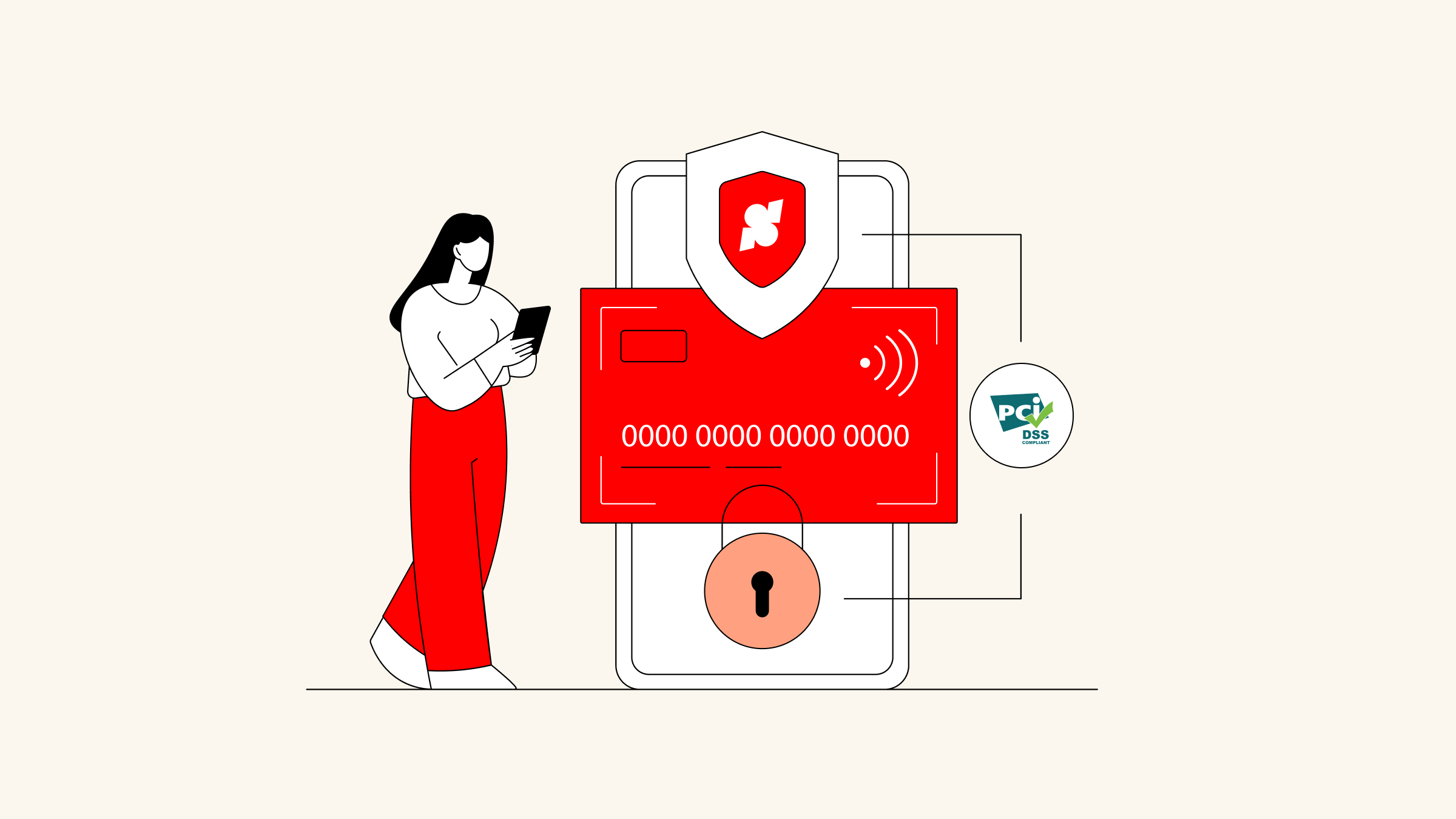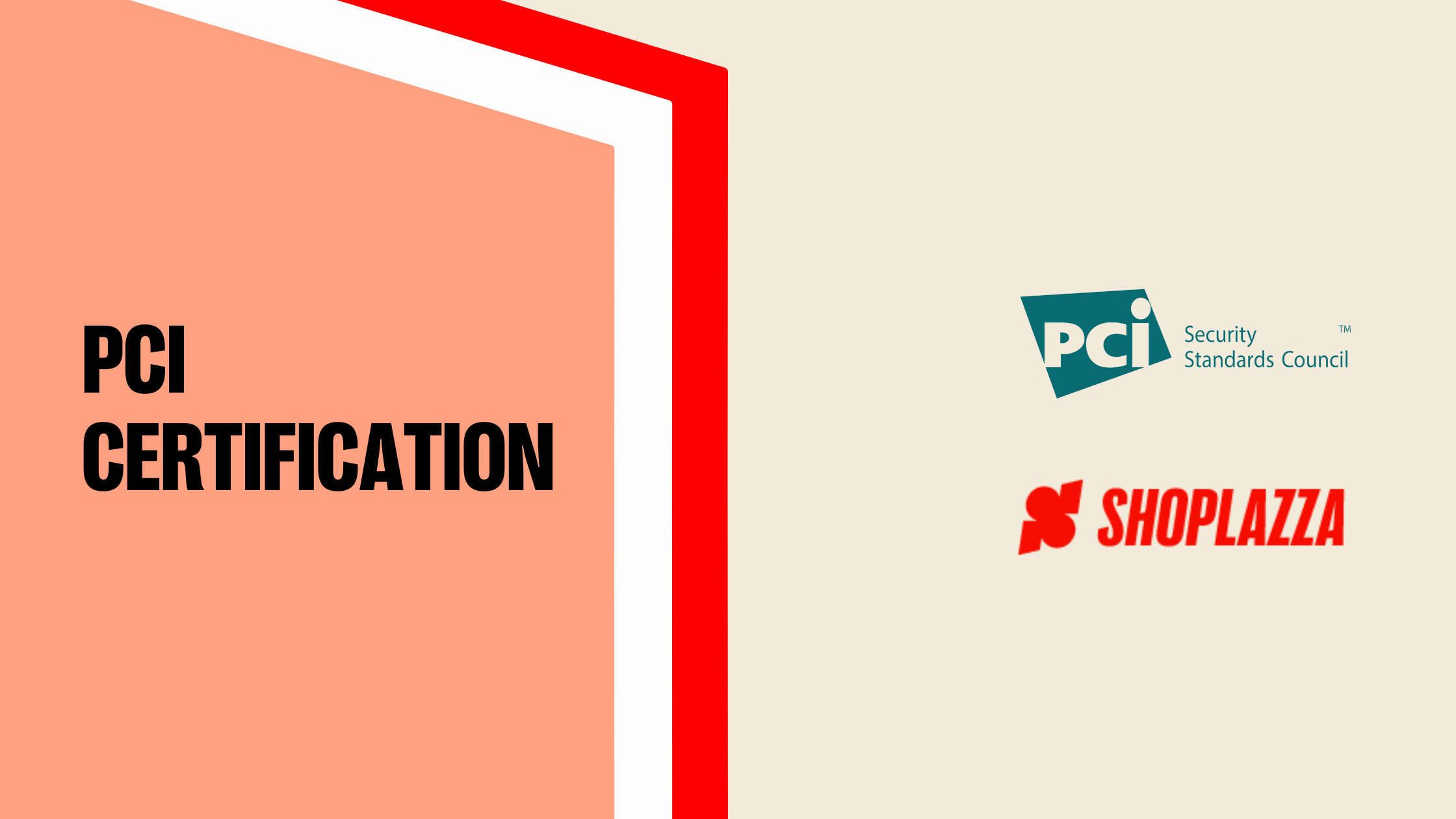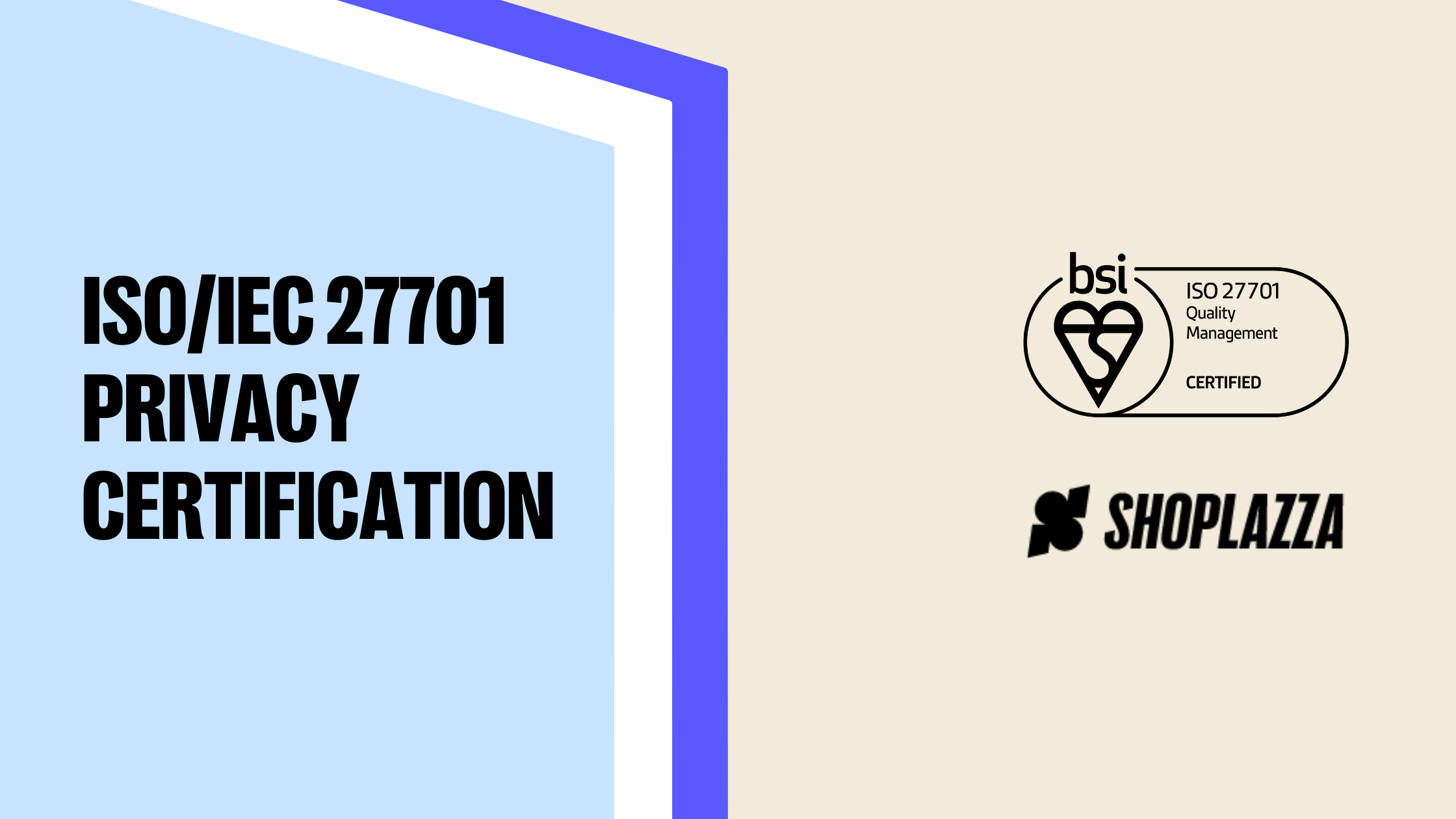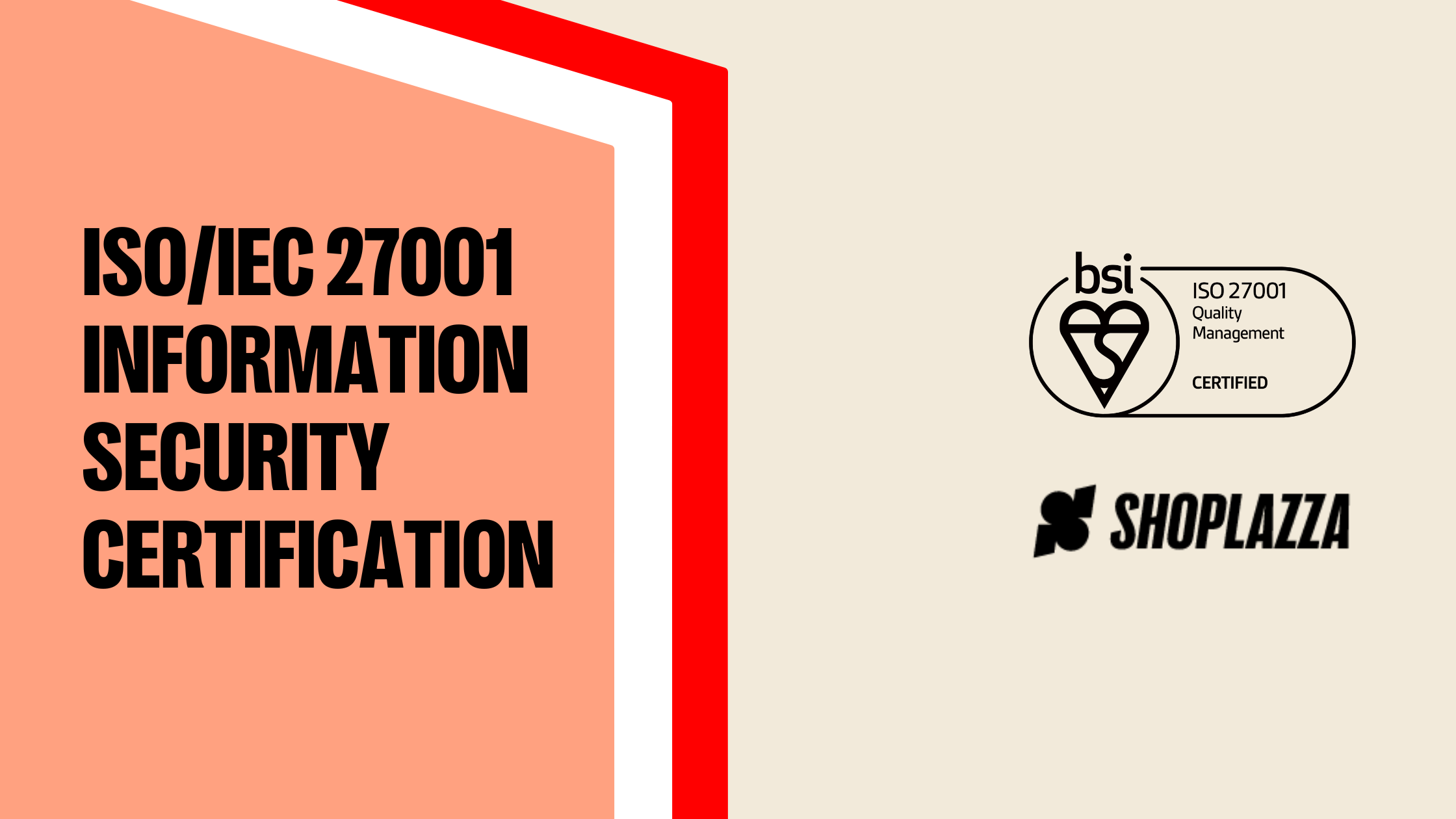Shoplazza, a leading global e-commerce platform, announces its recent certification to the Payment Card Industry Data Security Standard (PCI DSS) v4.0.1, the latest mandatory security framework governing payment card data protection. This certification comes as PCI DSS v3.2.1 formally retired on March 31, 2024, leaving v4.0.1 as the only valid standard for organizations handling payment card information.
Shoplazza sets a benchmark in payment security compliance
With full compliance to PCI DSS v4.0.1, Shoplazza confirms its infrastructure and processes meet the highest global standards for safeguarding cardholder data. The certification is critical for maintaining seamless integration with payment providers like PayPal, as non-compliance with PCI DSS mandates results in restrictions or termination of payment processing privileges.
"Adopting PCI DSS v4.0.1 is not optional but a business necessity in today's digital landscape," said Alyson, COO of Shoplazza. "By embedding the latest security controls, we enable merchants to operate without interruptions, knowing their payment systems comply with the strict requirements of major card networks and payment providers."

What is PCI DSS v4.0.1?
Developed by the Payment Card Industry Security Standards Council (PCI SSC), PCI DSS is a globally recognized framework designed to prevent payment card fraud, data breaches, and identity theft. The v4.0.1 update, released in June 2024, introduces main objectives and enhancements, including:
-
Continue to meet the security needs of the payments industry
-
Promote security as a continuous process
-
Increase flexibility for organizations using diverse security approaches
-
Enhance validation methods and supporting procedures
Besides, it also responds to technical and security challenges
-
Cloud Environments and API Security: New requirements introduce specific controls to secure cloud-based infrastructure and strengthen API security measures.
-
Advanced Phishing and Malware: Enhanced safeguards are included to counter increasingly sophisticated phishing schemes and malicious software attacks.
-
Encryption and Key Management: The standard now enforces stronger encryption protocols and more rigorous key management practices to protect sensitive payment data.
Key updates: PCI DSS v4.0 vs. v3.2.1
To better prepare, the following chart highlights three key differences between PCI DSS v3.2.1 and the updated v4.0.1.
|
Aspect
|
PCI DSS v3.2.1
(fully retired by March 31, 2024)
|
PCI DSS v4.0 (fully effective by March 31, 2025)
|
|
Compliance Framework
|
Defined Approach: It is the default method, requiring organizations to follow detailed controls and testing procedures set by PCI SSC, allowing compensating controls only when justified.
|
Customized Approach: It allows organizations to leverage innovative technologies (e.g., dynamic encryption, cloud-native security) to meet security objectives. However, a targeted risk analysis for each customized control and submission of assessment documentation are required.
|
|
Password Policy
|
Minimum 7 characters and need to change within 90 days
|
Minimum length increased to 12 characters (8 if system constraints apply). Introduces a dynamic account security analysis mechanism, and no need to change passwords/passphrases at least once every 90 days.
|
|
Multi-Factor Authentication (MFA)
|
Specifically, Requirement 8.3 mandates MFA for remote network access (by users, admins, or third parties) originating from outside the corporate network.
|
MFA is mandatory for all accounts accessing Cardholder Data Environments (CDE), including administrative and system accounts, enhancing authentication security.
|
Risks of non-compliance: why compliance matters

Failing to adopt PCI DSS v4.0.1 exposes businesses to severe risks:
-
Security Breaches: Outdated systems are vulnerable to modern threats like e-skimming and phishing, which cost global businesses trillions in losses annually. For instance, Statista’s Market Insights projects global cybercrime costs to surge from $9.22 trillion in 2024 to $13.82 trillion by 2028.
-
Regulatory Penalties: Non-compliant entities face transaction processing restrictions, fines, or even loss of payment processing privileges.
-
Business Disruption: Inability to meet PCI DSS standards can hinder partnerships with global payment providers and acquirers, limiting market expansion.
How Shoplazza simplifies compliance for merchants?
Shoplazza’s PCI DSS v4.0.1 compliance relieves merchants of the burden of independent certification. By leveraging the platform, sellers can:
-
Focus on business growth while Shoplazza manages end-to-end payment security.
-
Integrate seamlessly with payment providers like PayPal, knowing the entire transaction flow is PCI-compliant.
-
Access robust security features, including encrypted data transmission, real-time fraud monitoring, and automated vulnerability management.
Next steps for merchants
As PCI DSS v3.2.1 retires on March 31, 2024, and v4.0.1 becomes fully mandatory by March 31, 2025, merchants are urged to prioritize compliance. Shoplazza’s certified platform offers a ready-made solution for businesses seeking secure, compliant payment processing without the complexity of independent implementation.


